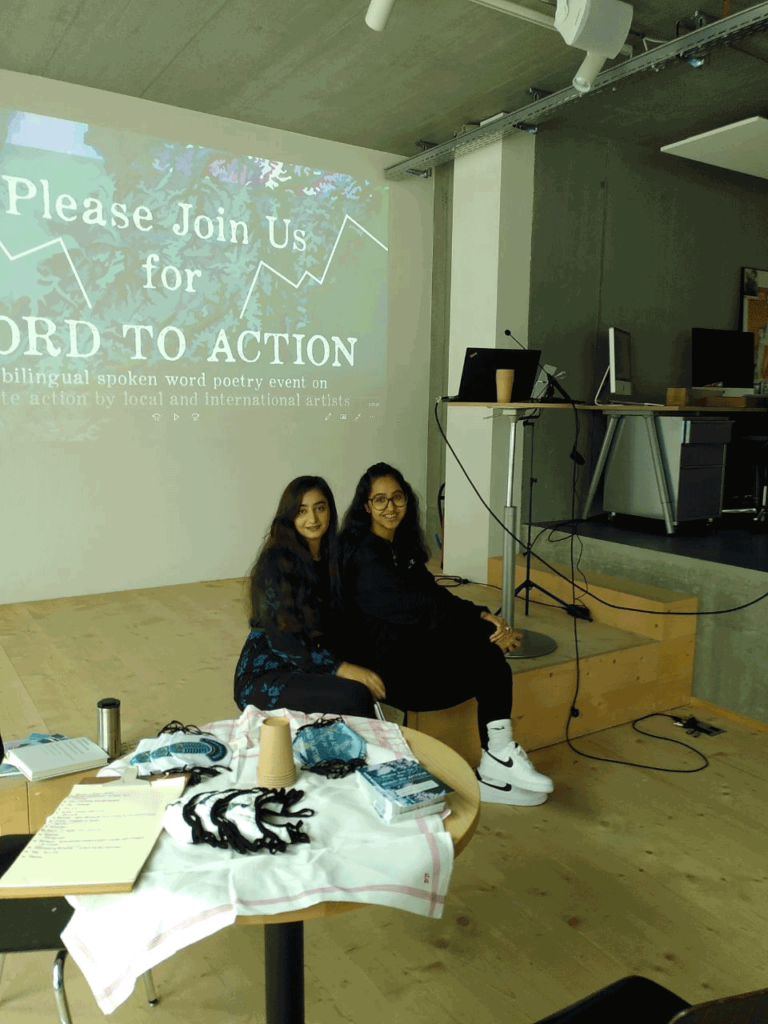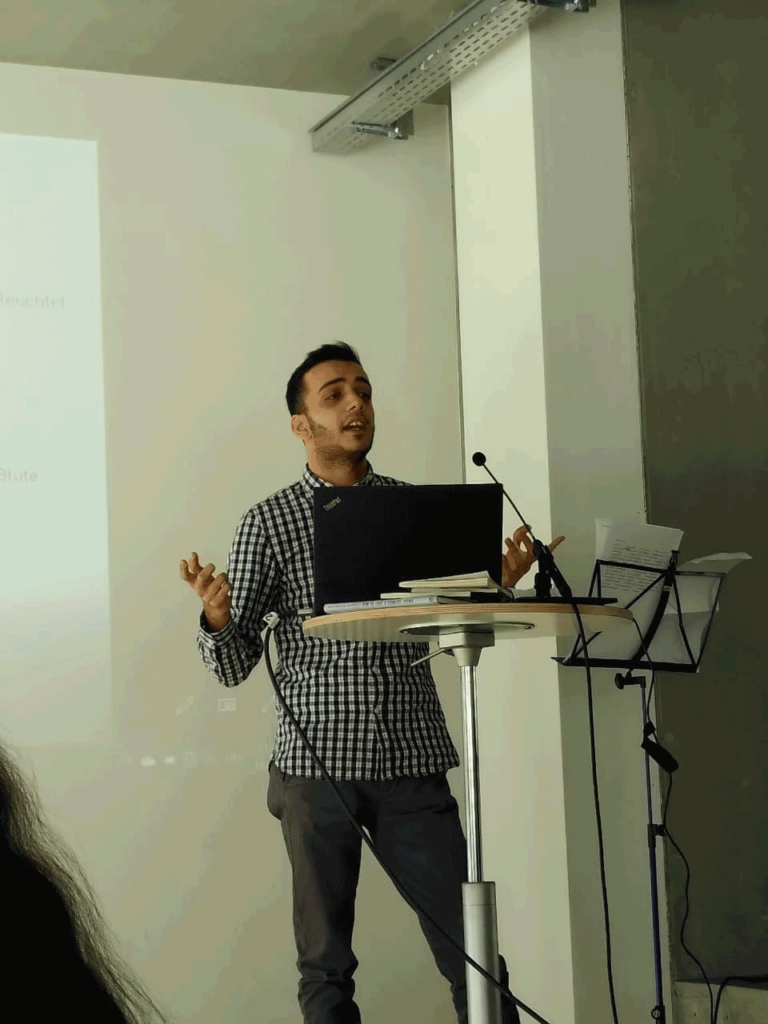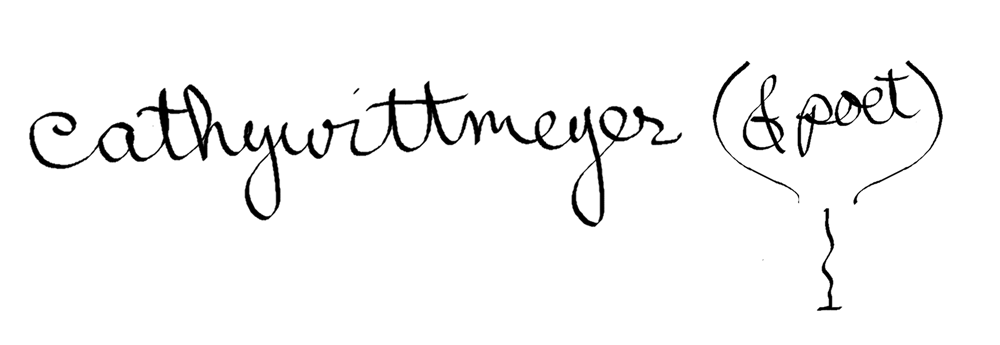Well, after a week to think about it, re-shelve all of the poetry and reference books I had out for prompts, and take in all of the comments, I am finally reflecting on the first Word to Action Retreat and performance. I am satisfied with Word to Action 20 and look forward to 2021 so my primary reflection is that it was a success. This despite months of uncertainties surrounding the global pandemic: I was on the verge of cancelling at least every other week since March. We had students interested, we had no students, we had international travelers, we had travel bans, we had tickets, we cancelled tickets, we even had a cancellation the Friday before due to family quarantine. Still, we made it work and it was worth it because we learned that with every set back, things can be adjusted to accommodate the cause, like having video guest poets to supplement the live poets on stage.
From the stage, it was hard to judge how well the message went over, but from the audience level, the masked mingling afterward, and my email and WhatsApp inboxes, I think we did a fine job because the varied elements of the performance were all commented on: the international nature of the poets, the live and video mix, the multi-lingual readings, the projected translations, the coolness of the students, the chillness of the host (thanks in part to the healthy menu of Kirsten Kallman), the customized masks as gifts, the artwork (by Lindsay Lusby), the location (literaturhaus.li), our social media posts (Kara Knickerbocker) and even the weather. We had a full house minus 4, so that isn’t a bad turnout. Finally, when we receive our survey cards in January to measure the carbon footprint delta, we will have a good indication of our impact.
From my sofa, I can look out at the changing leaves and fog rising from the valley and think about everything I learned. I learned first and most from our student poets who traveled all the way from Berlin by train (10 hours) to do our writing retreat. Years before, they traveled all the way to Germany from Syria and Afghanistan. Their stories are of fable: they weave heartbreak, hope and heroics together with a very modest thread. These are talented poets. I learned that it is truly a luxury to care about the environmental crises facing our planet when so many people can only focus on the next meal or the next life-altering bombardment. I learned that speaking in one’s heart language connects oneself to the listener in ways deeper than translation can accommodate. We spent evenings translating poems from Farsi and Arabic to English (later to German). Finding new words to make sure we shared the meaning was a joy.
Next, I reflect on the wisdom that was offered to us every day in Zoom calls with our invited poet guests: Will McInerney, Oliver Miltenberger, Romana Iorga, Craig Santos Perez, Kelli Russell Agodon, Richard Blanco, Enda Wyley and Tess Barry. Some of these folks I met by email, some I’ve known a longer while. They all gave their time to give us advice, to answer questions and to read to us. We learned a lot about Seamus Heaney’s work (Enda); the magical process of poem writing (Tess); the roles of poet, peacebuilder and researcher in interrupting apathy (Will); not letting the perfect be the enemy of the good (Oliver); how to answer questions the reader is going to ask (Romana); about narrating our reaction to things political and cultural (Craig); about tapping into the quality of the poet community (Kelli); and about personifying an object of nature to take the ego out of the poem as a more gentle way to bring politics into the conversation (Richard).
Finally, I see a clear picture for moving forward and that picture has a lot of haze in it (a continued or new pandemic, other crises, other demands on time): behind the fog is hope that writing poems and putting them into the world will create ripples. The more of us that are out there making ripples, the harder our words will be to ignore. Poetry changes the world with a collective of small vibrations that move through one, two, or a thousand people at a time.


Our student poets from Berlin: Shabnam Mohammadi, Robina Karimi, Ali Alzaeem
Word to Action 2020 video to be released shortly!
